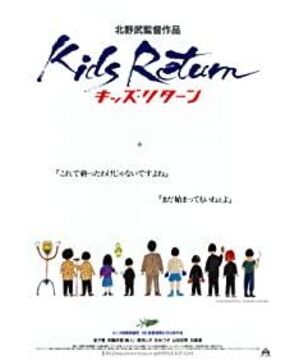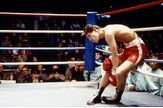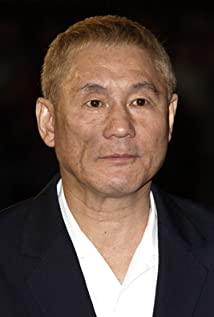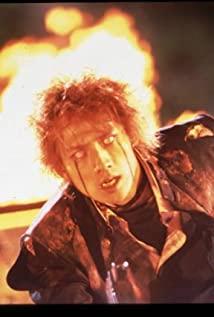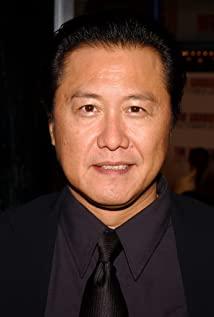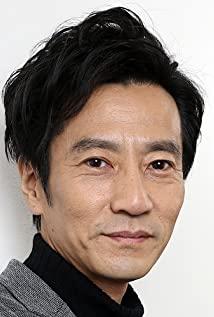Kids Return evaluation action
2022-01-21 08:03
Kitano Takeshi's movies often show a fateful, violent adult world, where the tough guys have to go through the classroom close to death, and then more fearlessly control their personal destiny. Kitano Takeshi’s uniqueness is that he is not doing a ritual destruction of fighting, but focusing on describing the actual feeling of self-improvement. When Xiao Ma finds that he is not talented in boxing, he resolutely joins the underworld. Career, and after Xinzhi lost Pony’s friendship, he understood that glory could never make up for loneliness. Even with the gift of a boxer, it was just a test for the growth of the inner world.
"キッズ·リターン" is more unique and insightful. It sums up youth with a cold outside and a warm inside. It is not a false optimism that is dogmatic, and it is not an extravagance and loss of sentimentality. The gains and losses in the world are sometimes just like the different rewards obtained by two classmates who love cross talk at the beginning and the end of the film, but to a greater extent, it is the maturity of personality that is invisible on the surface
.
"キッズ·リターン" is relatively simple in terms of film techniques, a bit like a Japanese TV series. This is also Kitano Takeshi's more commercialized, more complete and neat narrative, easy to understand, and one of the most non-violent masterpieces. For independent directors Kitano Takeshi is a safe and smart choice.
For Kitano Takeshi movies, after feeling the power, I was deeply impressed by the tenderness and touch in the film. However, when watching "キッズ·リターン", I suddenly realized that Kitano Takeshi’s tenderness is very subversive. Tenderness is superimposed cruelty. He does not give the audience a dream of rewarding good destined people, so he let "Kids Return", he let the good boy die from overwork, and he let the little angel Nor can he protect "good people's life is safe", he allows everyone to face this cruel reality
.
Extended Reading
-
Shinji: Masaru, do you think we're already finished?
Masaru: Hell no. We haven't even started.


